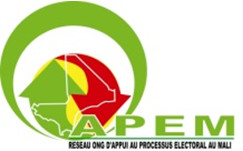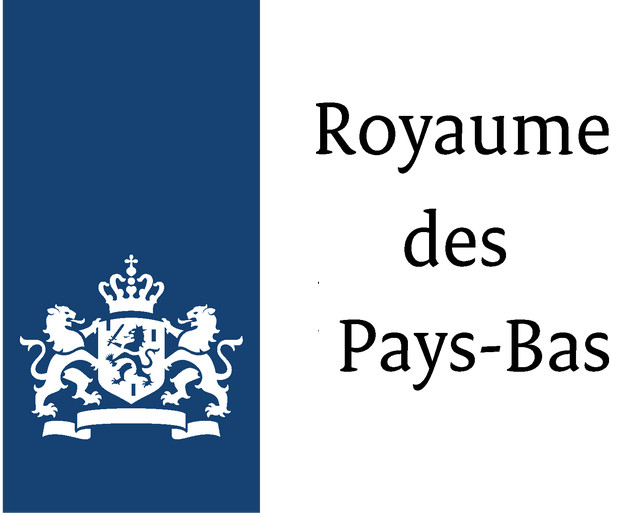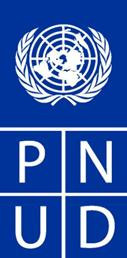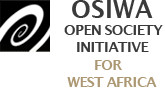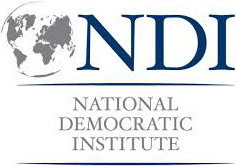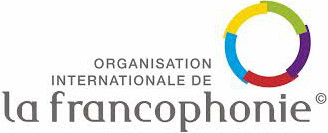MALIVOTE.COM
 We all believe it’s important that elections are free, fair, and credible – everywhere – but nowhere is it more true than in Africa, as nations across the continent strive to reinforce the rule of law and democracy. For Mali, transparency and credibility are particularly important following the coup d’etat of 22 March 2012, which further complicated an already difficult situation caused by the conflict in the north of the country.
We all believe it’s important that elections are free, fair, and credible – everywhere – but nowhere is it more true than in Africa, as nations across the continent strive to reinforce the rule of law and democracy. For Mali, transparency and credibility are particularly important following the coup d’etat of 22 March 2012, which further complicated an already difficult situation caused by the conflict in the north of the country.
A weakened Mali was plunged into a series of political, security, and humanitarian crises. The social and political instability has had enormous consequences throughout the country and the Sahel region. To put an end to the crisis, the nation’s Parliament adopted a roadmap requiring political dialogue between Mali’s various factions and the organisation of free, democratic, and transparent elections. In the months since, the electoral process has restarted and should be solidified by presidential and legislative elections in 2013.
Throughout the crisis, Malian civil society acted as a mediator among the various political factions and other actors involved in the transition. Civil society is now mobilising to support the electoral process and promote credible and transparent elections.
The NGO Network for the Electoral Process in Mali (APEM in French) has monitored elections in Mali for 17 years, deploying trained observers to monitor the voting procedures in thousands of polling stations across the country. APEM is independent and publishes reports of its observations regularly in order to improve the electoral process. It is accredited by the Independent National Electoral Commission (CENI) to observe the electoral process nationwide.
In 2013, OneWorld has developed the online platform “Malivote” (www.malivote.com) to support APEM’s work. Some 2,100 observers will send data from polling stations around the country by SMS, providing – for the first time ever in Mali – an initial view of the national electoral process in real time on Election Day.
A Situation Room, driven by this real-time data and called the Citizen’s Election Observation Hub (CEOH), will enable Mali’s civil society to coordinate immediate reactions to serious incidents – calling election officials, election management bodies, security forces, and local and international media – and to make informed statements about the conduct of the elections. Malian civil society will have unprecedented access to real-time data on key aspects of the voting process, including the opening of polling stations, voting procedures, voter turnout, poll station closing times and procedures, vote counting, violence, vote buying, suspension of voting, acts of intimidation, and observers’ opinions of the overall conduct of the electoral process.
In Bamako, Malian civil society will receive the coded reports, sent by SMS by their trained election observers across the country. The messages are de-coded, verified, mapped and charted in real time, enabling OneWorld’s civil society partners to take immediate action in conjunction with national election management officials to respond to malfunctions in the electoral process. The data will also be published on the site www.malivote.com. These tools should help to increase the credibility and transparency of the electoral process.Nevertheless, it’s important to remember that this data is preliminary and incomplete. APEM draws on this data as well as information received from other monitoring efforts and many other sources to make formal assessments of the voting process throughout and after Election Day.
The real-time data collection platform was conceived and developed by OneWorld in 2011-12 and implemented for the first time with civil society organisations in Senegal for the two rounds of the presidential election held in February and March 2012. The “Senevote 2012” platform (www.senevote2012.com) formed an integral part of civil society’s election observation, which U.S. Secretary of State Hillary Clinton called “perhaps the most sophisticated monitoring programme ever deployed in Africa or anywhere else.”
The platform was adapted and improved Sierra Leone’s civil society to use during presidential elections there in November 2012, where the incumbent president was re-elected via a credible election process despite the atmosphere of tension that pervaded the country before the vote. The “Salonevote” platform (www.salonevote.com), driven by data from more than 6,000 polling stations, played a key role in helping to ensure the stability of the country and respect for the electoral process.
The Malivote platform (www.malivote.com) is being implemented in 2013 with the technical and financial support of the Kingdom of the Netherlands, the United Nations Development Programme (UNDP), the National Democratic Institute (NDI), and the Open Society Initiative for West Africa (OSIWA).
For more information about Mali’s electoral process, please contact:
For APEM :
Ibrahima SONGHO
Président du Réseau ONG d’Appui au Processus Electoral au Mali -Réseau APEM-
ACI 2000 Hamdallaye, Porte 1478, Rue 390, Immeuble YARA, Bamako
apemfr@yahoo.fr
(+223) 65 59 81 14 or (+223) 76 23 36 00
For more information about the real-time online mapping and charting, data collection by SMS, and other technologies created by OneWorld, please contact:
In English:
Jeffrey Allen
Programme Coordinator, Mobiles, OneWorld UK
jeffrey.allen@oneworld.net
(+223) 61 27 20 81
After 31 July 2013 : +44 (0)797 471 0011
En français :
Kevin Adomayakpor
Coordinateur du Projet d’Education Civique et de Monitoring des Elections (PEME MALI 2013), OneWorld UK
kevin.ado@oneworld.net
(+223) 70 38 43 03

